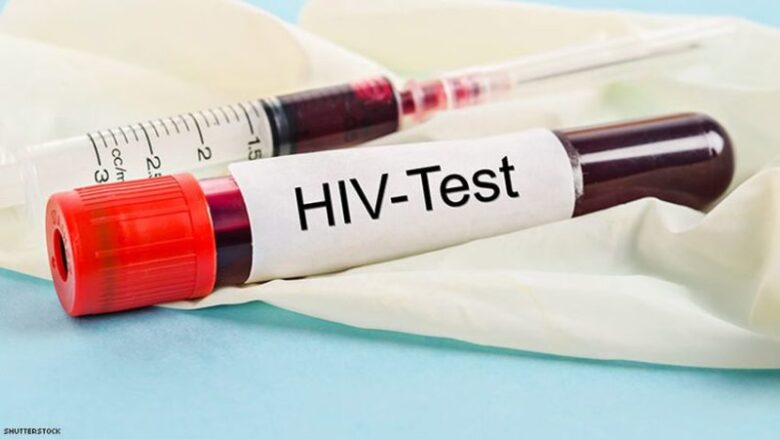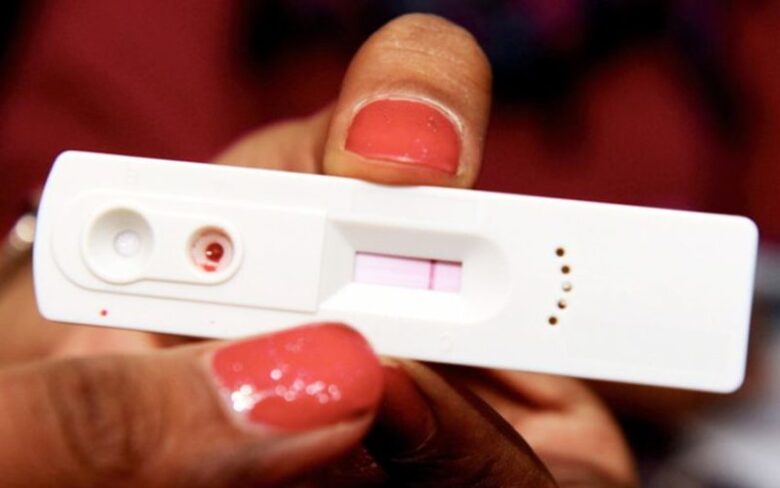Getting tested for HIV should be a part of your regular health check-up, and if you are sexually active with your partner, it is recommended that you get tested at least once a year.
There are several things that can put you at risk of being infected by HIV like unprotected intercourse, sharing your substance equipment, and being on a certain medication for conditions such as tuberculosis and hepatitis. All of these require you to get regularly tested. In this article, you will be able to read about HIV testing. Let’s take a look:
What Types of Tests are There?
- Screening Tests
This is the first test you should take if you have HIV. If the results show that you are positive, you will need a follow-up test to confirm it. There are two common screening tests:

source:out.com
1) Antibody test – this is the most common type of HIV screening test. It does not look for the virus, but for the antibodies, your body produces to fight the illness. These antibodies can be found in your urine, blood, or fluids. It can take three to twelve weeks to make enough antibodies to tell if you have the virus.
2) Antigen/antibody test – this test is also known as the combination or fourth-generation test. It searches for a part of the virus called an antigen in your blood, and HIV antibodies. This test can tell if there is HIV present in your blood within two to six weeks of being exposed to it.
However, according to the experts from DTAP Clinic, if you think that you have recently been exposed to HIV, you should contact your doctor and go to a clinic right away. You might be prescribed PEP HIV medication is you do not yet know your HIV status.
- Home HIV Tests
There are two HIV tests that are approved by the FDA that you can use at home. They are:

source:mymed.com
1) Home Access HIV-1 Test System – you will have to prick a finger to get a blood sample and send it to a lab. If the results turn positive, a follow-up test will be done in the same way. You will be able to find out what your results are during the next business day.
2) OraQuick In-Home HIV Test – this is a “quick” test. It comes with a testing stick and a test tube that has fluid in it. You will need to swab your gums with the stick, and then place it into the tube. You will get the results in less than 2 minutes.
- The Follow-Up Tests
The second test needs to be a blood test. The ones that are used to confirm the positive results are:

source:hivplusmag.com
1) Antibody Differentiation Test – this can be used to find out the type of HIV that you have.
2) HIV-1 Nucleic Acid Amplification Test – this can tell you if you have the virus in your blood.
3) Western Blot – this will check if your body created the antibodies needed to fight the virus.
Conclusion
You should not allow fear about getting an HIV test to stop you from actually taking one. Whatever the results are, it can help you make smarter decisions about your health and your body. If you get tested and the result is positive, you can start treatment early on, you will be able to protect other people, on the other hand, if the tests are negative, you can protect yourself more.

